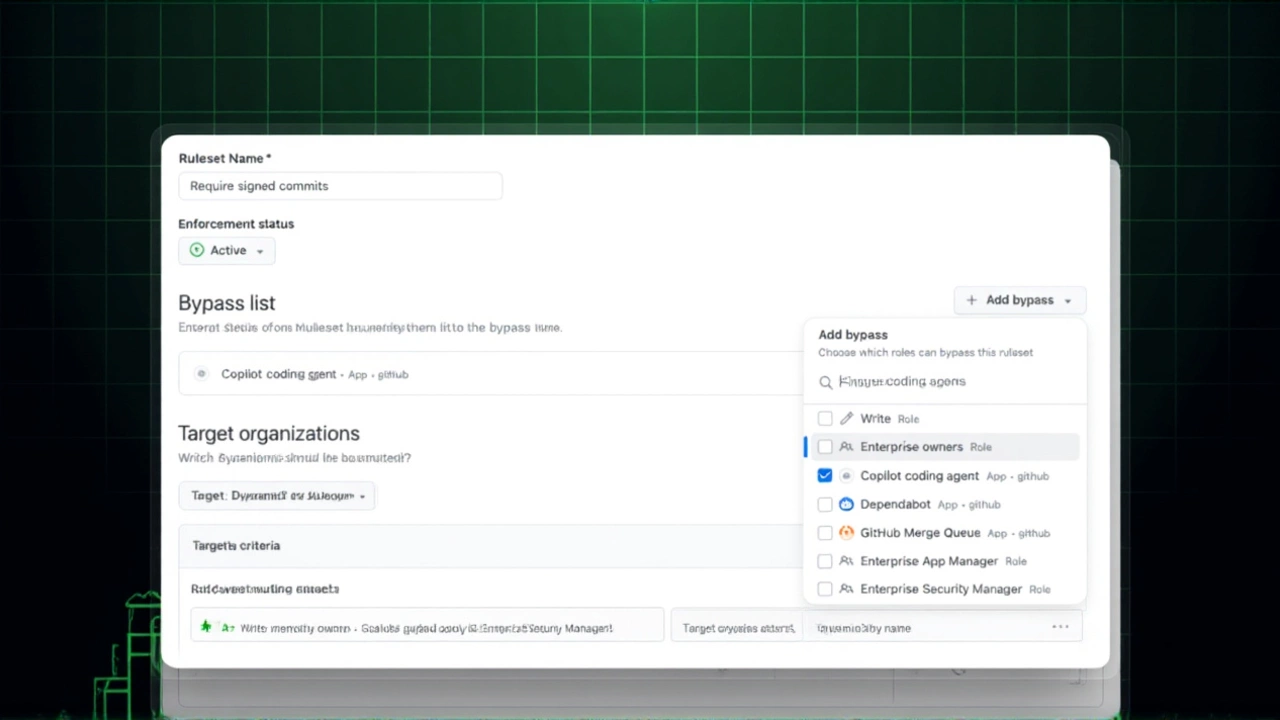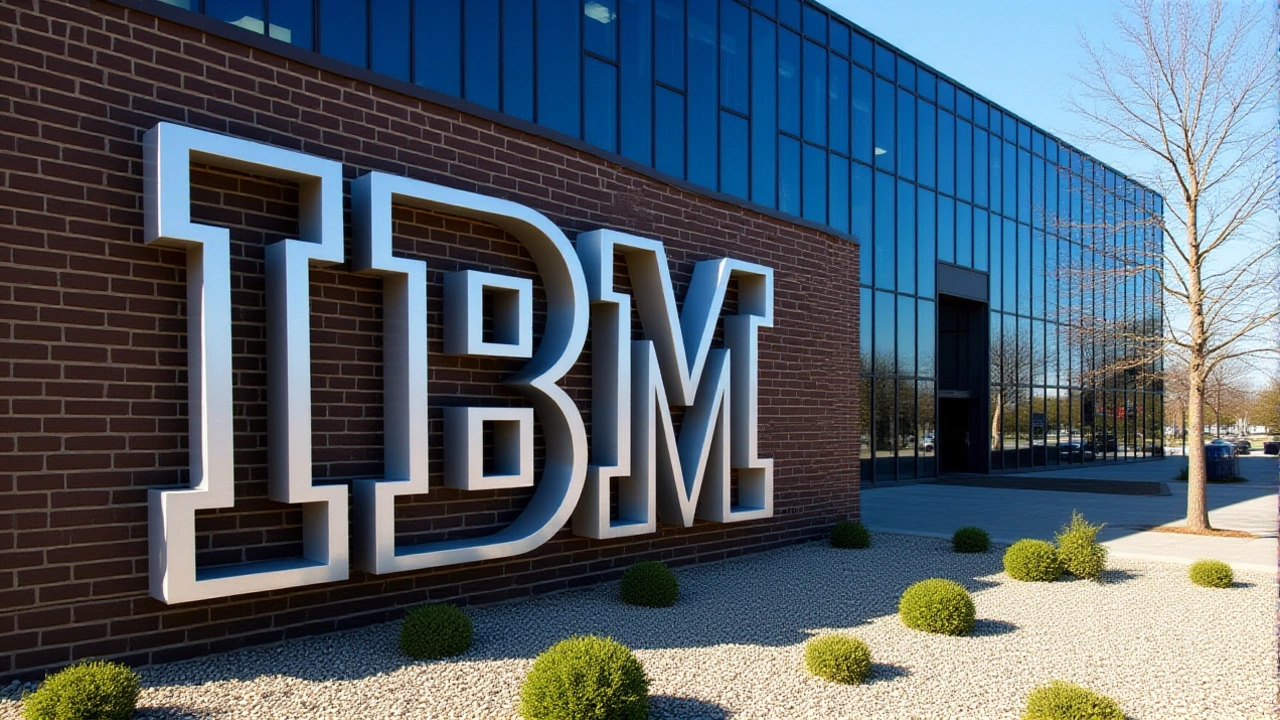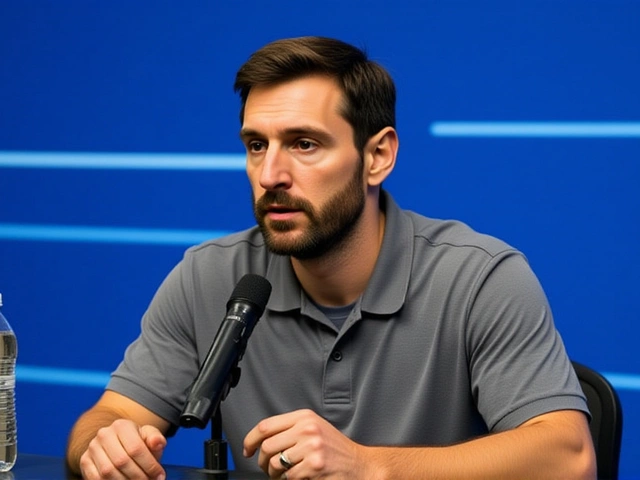On October 21, 2025, the National Health Service unveiled results from the world’s largest AI trial in healthcare — a breakthrough that could reshape how Britain’s public health system functions. More than 30,000 NHS staff across 90 organizations tested Microsoft 365 Copilot for six months, and the numbers are staggering: 400,000 hours of staff time saved every month. That’s not a rounding error. That’s the equivalent of nearly 50 full-time workers freed up daily — just from cutting admin clutter. And it’s all happening inside a system that’s been drowning in paperwork for decades.
What the Numbers Really Mean
The trial didn’t just show promise — it delivered hard, measurable gains. NHS staff using Copilot saved an average of 43 minutes per day, adding up to over five weeks of recovered time per person annually. That’s not a bonus. That’s a lifeline.
Breakdowns reveal where the real wins happened: 83,333 hours per month saved on note-taking during Teams meetings — a task that once ate into clinical time. Another 271,000 hours vanished from summarizing endless email chains. An additional 13,200 hours were reclaimed from scheduling, reporting, and other administrative drudgery. Altogether, that’s over 367,000 hours just from three tasks. When you factor in the rest, you’re looking at nearly half a million hours monthly.
The financial impact? The NHS estimates hundreds of millions of pounds in annual savings once scaled to 100,000 users. That’s money that won’t vanish into overhead. It’s earmarked for hiring more nurses, shortening waiting lists, and upgrading aging equipment.
How It Works — And Why It’s Different
This isn’t about robots replacing doctors. It’s about AI quietly handling the stuff that makes clinicians feel like glorified data clerks. Microsoft 365 Copilot integrates directly into Outlook, Word, Excel, PowerPoint, and Teams. It reads emails, drafts summaries, pulls key points from meetings, and even formats reports. Staff don’t need to learn a new system — they just use what they already do, but faster.
Over 50,000 NHS workers are already using it — for free. Microsoft didn’t charge extra. Instead, it leveraged the NHS’s massive scale to deliver enterprise-grade AI at public-sector pricing. It’s a rare win-win: taxpayers get better tools, and Microsoft gains real-world validation in one of the world’s most complex health systems.

Voices From the Frontlines
Dr Layla McCay, director of policy at the NHS Confederation, was measured in her praise. "This trial shines a light on the huge potential to reduce workloads and bureaucracy that artificial intelligence can have," she said. "But AI is not always the most appropriate solution. It’s not the answer to every challenge."
Her warning matters. Too many tech vendors promise miracles. McCay stressed that infrastructure gaps remain. Some NHS trusts still lack reliable Wi-Fi. Others use outdated systems that don’t talk to each other. "Some providers still don’t have secure, interoperable platforms," she noted. "Capital investment is vital. Without it, Copilot won’t work — even if the software does."
Meanwhile, Darren Hardman, CEO of Microsoft UK and Ireland, framed it as a partnership. "This major trial proves the extraordinary potential of AI to transform healthcare," he said. "By reducing admin and giving healthcare workers back 43 minutes every day, Copilot can help redirect hundreds of thousands of hours each month toward patient care."
The Bigger Picture: A Digital NHS
The trial didn’t happen in a vacuum. Between April 2024 and March 2025, NHS productivity for acute trusts rose by 2.7% — beating the government’s 2% target under the 10-Year Health Plan. This AI push is one piece of a much larger overhaul: digitizing records, eliminating paper-based referrals, and automating billing. The goal? Cut waste, cut wait times, and cut the frustration that drives staff away.
And it’s spreading. The government just pledged £1 million to the Medicines and Healthcare products Regulatory Agency (MHRA) to pilot AI tools for drug approval and clinical trial reviews. Imagine AI scanning thousands of trial reports in minutes — flagging inconsistencies, predicting safety risks, and speeding up approvals — while doctors and regulators keep final say. That’s the next frontier.

What’s Next?
The NHS plans to roll out Copilot to all 1.3 million staff by the end of 2026. But success hinges on training. You can’t hand someone a Swiss Army knife and expect them to know how to use every tool. NHS leaders are now designing role-specific training modules — for nurses, administrators, radiologists, and GPs.
There’s also a quiet battle underway: balancing automation with humanity. Will AI make care more efficient — or more transactional? The NHS is betting that if staff get back their time, they’ll use it to listen, to comfort, to explain. That’s the real metric of success.
Frequently Asked Questions
How many NHS staff are currently using Microsoft 365 Copilot?
Over 50,000 NHS staff are actively using Microsoft 365 Copilot as of October 2025, with plans to expand to all 1.3 million employees by the end of 2026. The software is available at no additional cost, thanks to a national licensing agreement between the NHS and Microsoft that leverages the health service’s scale.
What specific tasks is AI saving the most time on?
The largest time savings come from summarizing email chains (271,000 hours/month), automated note-taking during Teams meetings (83,333 hours/month), and streamlining administrative reporting (13,200 hours/month). On average, staff reclaim 43 minutes per day — equivalent to five full weeks of work annually per person.
Are there concerns about AI replacing NHS staff?
No — the NHS is clear that AI is a tool to reduce administrative burden, not replace clinical roles. Dr Layla McCay emphasized that AI handles paperwork, not patient decisions. The goal is to give nurses, doctors, and support staff back time to focus on human interaction — something no algorithm can replicate.
Why hasn’t this been rolled out everywhere yet?
Many NHS sites still lack reliable Wi-Fi, secure data platforms, or interoperable systems. Some trusts use legacy software that doesn’t integrate with Copilot. The NHS is prioritizing upgrades in high-impact areas first, with funding and training phased in over the next two years to ensure no region is left behind.
How does this tie into the government’s 10-Year Health Plan?
The AI initiative directly supports the plan’s goal of 2% annual productivity growth — a target the NHS exceeded in 2024–2025 with a 2.7% rise. By cutting £hundreds of millions in administrative waste, the savings will fund more staff, shorter waiting lists, and modernized equipment — turning efficiency gains into tangible patient benefits.
What’s the £1 million for the MHRA actually for?
The £1 million fund supports AI-assisted tools to accelerate drug approval and clinical trial reviews. The AI will scan data for safety signals, flag inconsistencies, and draft preliminary assessments — but final decisions remain with human experts. This could slash approval times from months to weeks, bringing life-saving treatments to patients faster.






